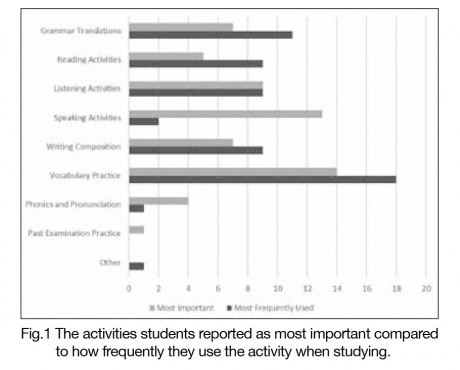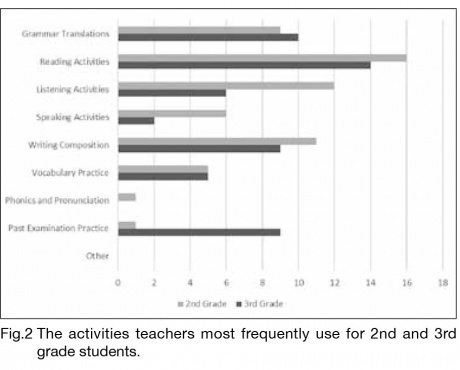- Home
- Faculty Members
- Organization for Fundamental Education
- Justin Llaneza Bailey
Organization for Fundamental Education
- Key words
- English Education, Test Washback, Language Testing

Master of Arts / Assistant Professor of Foreign Languages
Justin Llaneza Bailey
Education
University of Leicester, Department of Education.
Master’s in Applied Linguistics.
Professional Background
English Conversation School Instructor
Assistant Language Teacher (ALT)
Consultations, Lectures, and Collaborative Research Themes
Language Testing
The Effects of Test Washback on English Education.
Main research themes and their characteristics
「The effects of university entrance examinations on English education in Japan」
Formal testing is a common feature of a high school student’s life, where it is used as a tool to measure their knowledge and proficiency in a given area. However, while subjects that measure concrete abilities such as science and maths lend themselves well to standardised testing, tests that measure language ability are susceptible to numerous difficulties. Therefore, making inferences about a person’s language ability solely based on a test score should be avoided or, at the very least, be treated with caution. Indeed, many of us may recall taking a language test at some point in our lives, in which the results were used to make a judgement about our proficiency in that particular language. To what extent did we feel that the test accurately measured our ability? Did the presence of the test affect the way we studied or how we were taught? It is these kinds of questions that has inspired me to investigate language testing and the phenomenon of test washback.
In my master’s thesis, I investigated the effects of university entrance examinations on teaching pedagogy and student learning behaviour in Japanese senior high schools. The results indicated that the content of entrance examinations seemed to affect teachers in that they tended to use more classroom time on test preparation than for the development of students’ communicative ability. Similarly the students, who despite showing a strong desire to develop their speaking ability, seemed to spend most of their study time memorising vocabulary and grammatical structures for the purpose of improving their scores on these examinations. The results from my study imply that in order for classrooms in senior high schools to become more communicative, and for tests to more accurately reflect students’ language proficiency, a test of communicative ability needs to be incorporated into the existing framework of the entrance examination process.
Major academic publications
Justin Llaneza Bailey
“A Study of the Washback Effects of University Entrance Examinations on Teaching Pedagogy and Student Learning Behaviour in Japanese High Schools”
British Journal of Education (2018) Vol.6 50-72


